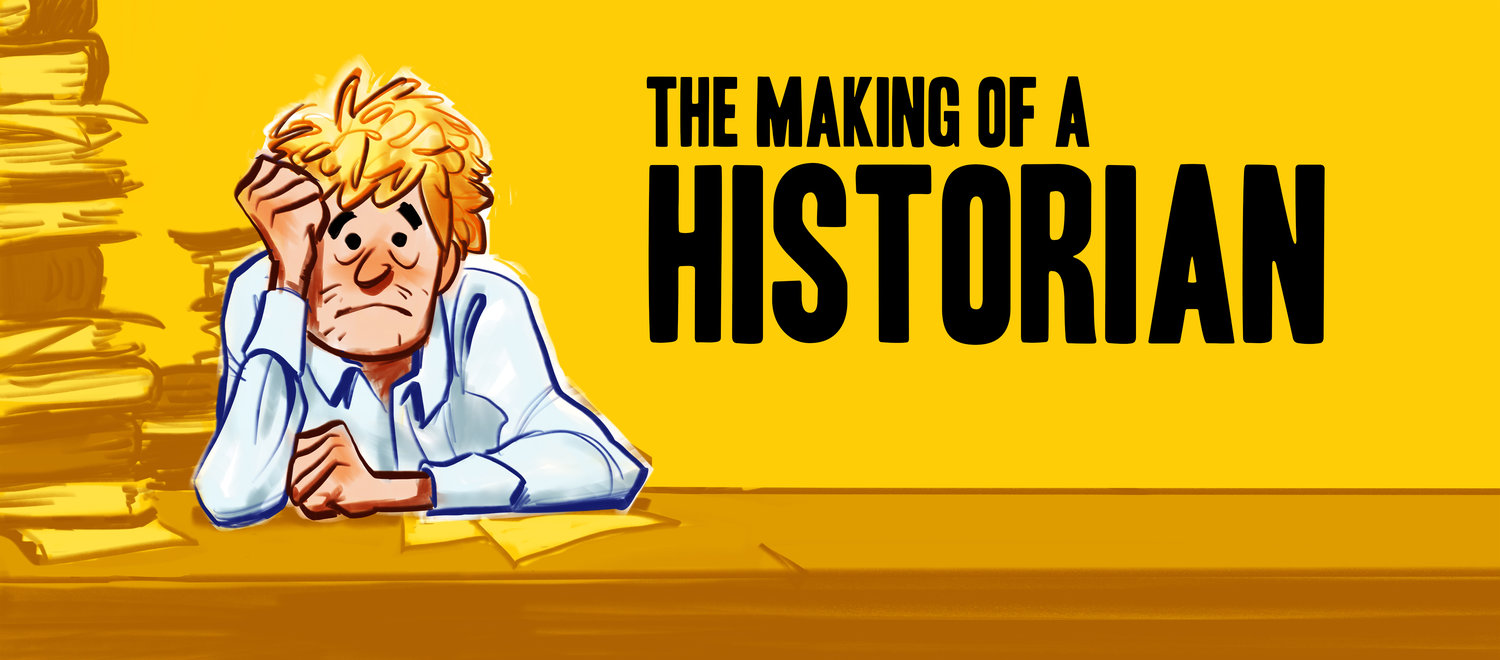This is a first for the podcast: this episode, I will be presenting my own original research. Because of that, we're looking at something much smaller than we usually do. In this episode, I tell the story of the English sport of change ringing. In change ringing, groups of people ring church bells in complicated permutations for hours. Here's what it looks like:
My big question is: why?
Why would this expensive, time-consuming, overly complicated hobby develop?
Peal Board celebrating a peal from 1731
I think it's because change ringing helped a new class of people--middle class men--to feel cool doing the things that they were good at. In the 18th century, an increasing chunk of the population lived in cities, worked in services or the luxury trades, and were becoming materially prosperous. These people, to stay wealthy, needed to work hard, be canny with numbers, and exercise self control. But this wasn't very cool. It was cool to go to the horse races. Or spend lots of money on clothes. Or get expensively drunk in public.
Change ringing, along with a set of urban amusements, allowed middle class men to be cool by doing something they were good at so well people needed to pay attention to it. Rather than the conspicuous consumption of the rich, it was a conspicuous complexity of the skilled middle classes.
And this conspicuous complexity is still with us--probably in many of the hobbies you yourself enjoy: rock climbing, yoga, and other highly complex arenas of expertise.
I'll be presenting this paper on Friday--wish me luck!
Further Reading:
Central Council of Bellringers, Change Ringing, History of an English Art, Vol I, 2,
and 3
Mihaly Csikszentmihalyi, Flow: The Psychology of Optimal Experience (Harper Perennial Modern Classics)
William McNeill, Keeping Together in Time: Dance and Drill in Human History
Ernest Morris, The history and art of change ringing

